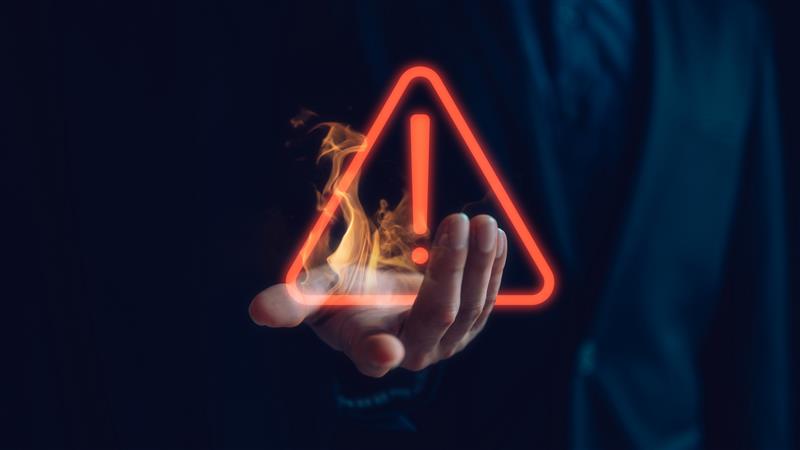
In June 2025, UC Santa Cruz’s John Bentley and Carleton University’s Mohamed Al Guindy revealed in a study the dark side of social media radicalization and how violence spreads in fragile nations and also causes unpredictable shocks in global markets.
Though their research tackles different issues, Bentley and Al Guindy’s work shows how deeply social media shapes the modern world. Whether it’s destabilizing governments or financial markets, platforms designed to connect people are now central to crises fueled by influence and perception.
Does Social Media Affect Human Rights?
Bentley’s study focuses on the early stages of economic development, mass communication systems arrive before education or regulation. In this setting, algorithmic radicalization becomes a real threat. With limited access to critical media literacy, users are vulnerable to content that spreads hate, division, and violence.
Bentley’s research, overseen by Professor Kent Eaton, found that the rollout of social media can increase the risk of genocide.
“The tech corporations are increasing their expansion in these economically developing areas, and they’re very predatory,” Bentley said.
These companies profit from pushing communication tools into new markets yet take no responsibility for safety. Without checks in place, social media and radicalization are tightly linked, where a single video or post can spark unrest.
Bentley believes these problems should be addressed at the source, urging stronger oversight in countries where these companies are headquartered, such as the US. His thesis, which received the Chancellor’s and Dean’s Awards at UC Santa Cruz, also highlights how social media human rights concerns are often neglected during digital expansion.
The Financial Wave Effect of Social Media
Meanwhile, Mohamed Al Guindy, a FinTech expert at Carleton University, uncovered another impact of online platforms. Using AI to study millions of tweets, Al Guindy created “Social Internetwork”, a tool that maps how social media algorithms and radicalization can also twist markets. Public opinion, not business reality, connects companies, and those digital ties can crash stocks with just one viral tweet.
“With this tool, we can see that the average firm is now financially connected to over 600 other companies,” Al Guindy said.
Firms like Tesla and Meta, though unrelated, are tied through public conversation. The results show that social media polarization influences how investors react, triggering instability far beyond the original post.
Al Guindy’s Social Media & Finance AI Lab will soon make this data available in real time. This new capability allows policymakers and investors to track the evolving web of influence and potentially reduce the risk of widespread economic fallout.
From violent instability to market disruption, Bentley and Al Guindy’s findings prove that social media radicalization is no longer just an online issue; it’s a global one. Social media is no longer a neutral tool; it’s a powerful force that can shape societies, shake markets, and in the wrong conditions, cause harm.
Inside Telecom provides you with an extensive list of content covering all aspects of the tech industry. Keep an eye on our Tech sections to stay informed and up-to-date with our daily articles.